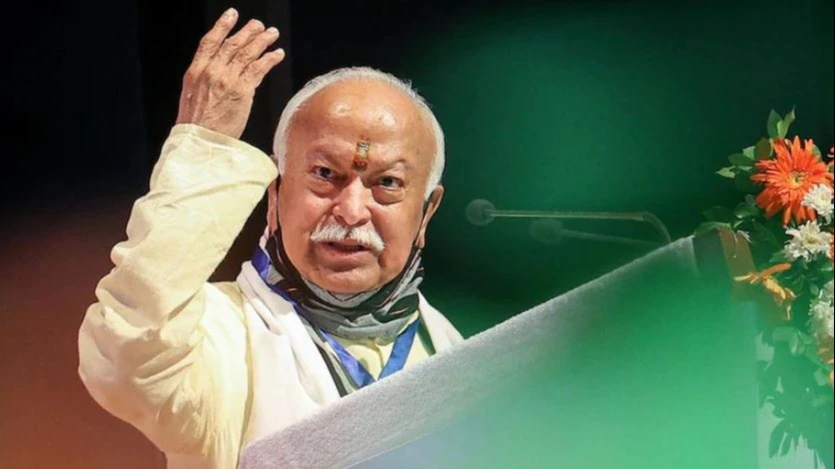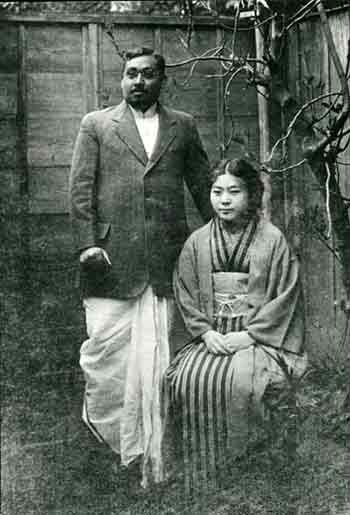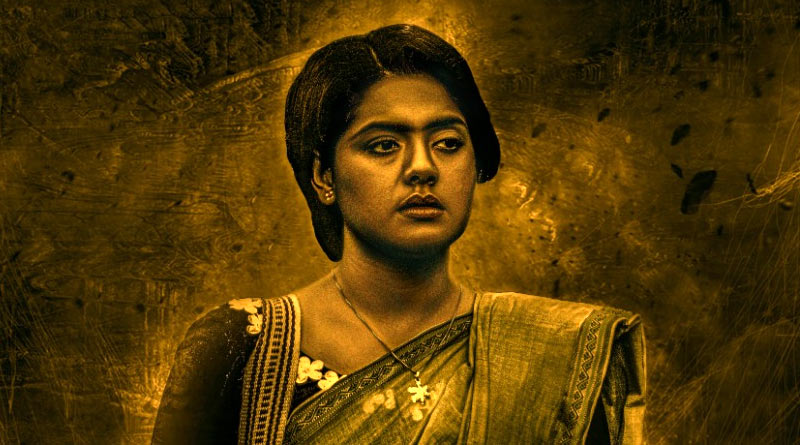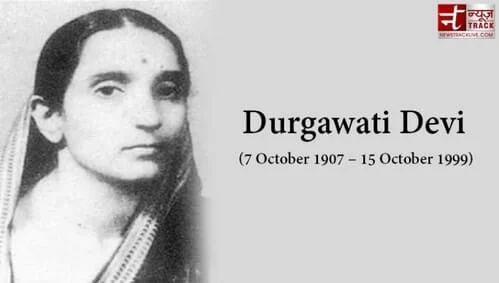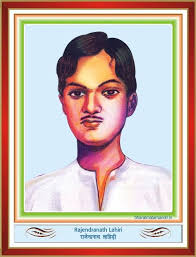Mohan Bhagwat, born on September 11, 1950, is a significant figure in the political and cultural landscape of India as the chief of the Rashtriya Swayamsevak Sangh (RSS). His tenure as the head of RSS has been marked by ideological assertiveness, organizational restructuring, and a notable influence on Indian politics.
Early Life and Education:
Mohan Bhagwat was born into a middle-class family in Chandrapur, Maharashtra. He completed his schooling in Chandrapur and later pursued a Bachelor’s degree in Veterinary Sciences and Animal Husbandry. Following his graduation, Bhagwat worked briefly as a veterinary officer before dedicating himself to the RSS.
Journey within the RSS:
Bhagwat’s association with the RSS began at a young age when he joined its youth wing, the Akhil Bharatiya Vidyarthi Parishad (ABVP), during his college years. He quickly rose through the ranks within the RSS due to his organizational skills, dedication, and ideological commitment. Over the years, he held various positions within the organization, serving in different capacities across different regions of India.
Ascension to RSS Chief:
In 2009, Mohan Bhagwat was appointed as the Sarsanghchalak (chief) of the RSS, succeeding K. S. Sudarshan. His elevation to the top position marked a significant shift within the organization, as Bhagwat brought in a new leadership style and vision for the RSS. Under his stewardship, the RSS has focused on expanding its grassroots presence, ideological outreach, and consolidating its position as a socio-cultural force in India.
Ideology and Vision:
Mohan Bhagwat’s tenure as RSS chief has been characterized by a steadfast commitment to Hindutva, a nationalist ideology that seeks to promote Hindu culture and values. He has emphasized the need for Hindu unity, cultural resurgence, and social harmony while also advocating for a more prominent role for India on the global stage.
Bhagwat’s vision for India is deeply rooted in the RSS’s ideological framework, which envisions the country as a “Hindu Rashtra” or Hindu nation. While this vision has sparked controversy and debate, Bhagwat remains unwavering in his belief that India’s future lies in embracing its Hindu heritage and ethos.
Influence on Indian Politics:
As the head of the RSS, Mohan Bhagwat wields considerable influence over Indian politics, despite the organization’s avowedly non-political stance. The RSS serves as the ideological parent of the Bharatiya Janata Party (BJP), India’s ruling political party, and plays a crucial role in shaping its policies and agenda.
Bhagwat’s close relationship with senior BJP leaders, including Prime Minister Narendra Modi and Home Minister Amit Shah, underscores the symbiotic relationship between the RSS and the BJP. While the RSS officially maintains its independence from electoral politics, its ideological imprint on the BJP’s governance is unmistakable.
Controversies and Criticisms:
Mohan Bhagwat and the RSS have faced criticism from various quarters for their nationalist agenda, perceived majoritarianism, and alleged intolerance towards religious and cultural minorities. Critics accuse the RSS of fomenting communal tensions and undermining India’s secular fabric, allegations that Bhagwat and his supporters vehemently deny.
Additionally, Bhagwat’s comments on issues such as cow protection, religious conversion, and gender roles have stirred controversy and sparked debates about the RSS’s stance on social issues. However, Bhagwat remains undeterred by criticism, asserting that the RSS is committed to upholding the interests of all sections of society.
Legacy and Future Prospects:
As Mohan Bhagwat continues to lead the RSS into the future, his legacy remains a subject of intense speculation and debate. His efforts to expand the RSS’s influence, modernize its organizational structure, and articulate a coherent vision for India’s future will undoubtedly shape the organization’s trajectory in the years to come.
Whether Bhagwat’s vision of a Hindu Rashtra will come to fruition remains uncertain, but there is no denying his impact on Indian politics and society. As a key architect of the RSS’s ideological framework, Bhagwat occupies a prominent place in the pantheon of Hindutva ideologues and continues to exert a significant influence on India’s cultural and political landscape.
Conclusion:
Mohan Bhagwat’s tenure as the chief of the RSS has been marked by ideological assertiveness, organizational restructuring, and a notable influence on Indian politics. His steadfast commitment to Hindutva, vision of a Hindu Rashtra, and close association with the BJP have made him a polarizing figure in Indian public life.
As Bhagwat navigates the complexities of Indian politics and society, his leadership will continue to shape the trajectory of the RSS and its role in shaping India’s future. Whether viewed as a visionary leader or a divisive figure, there is no denying Mohan Bhagwat’s significance in the ongoing saga of India’s cultural and political evolution.

